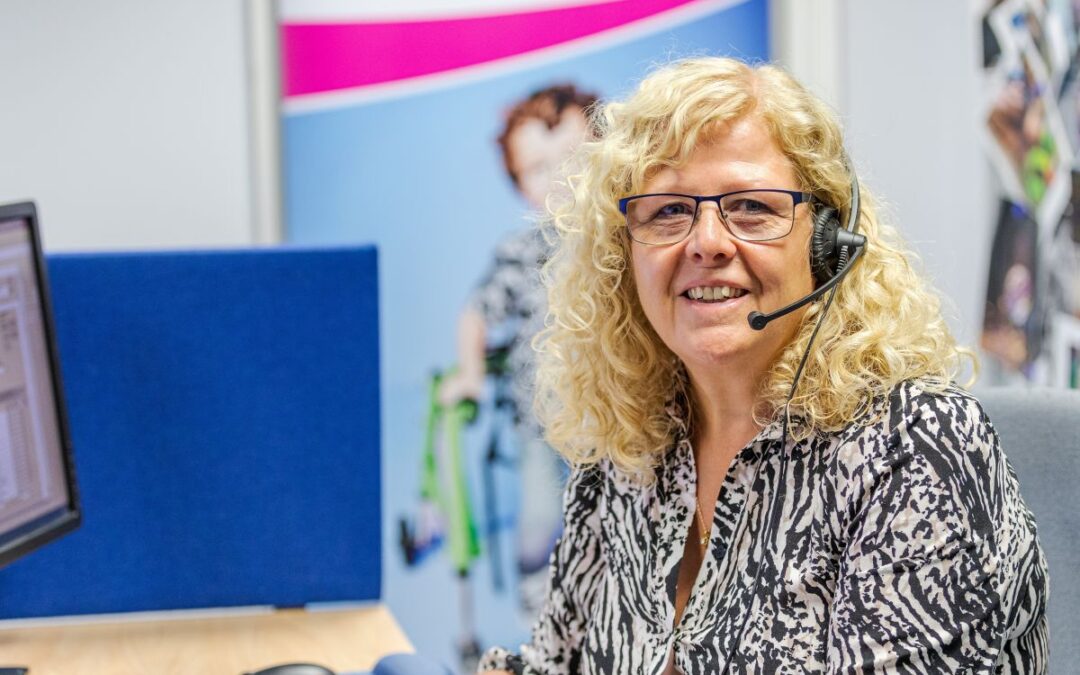
Whether your child is going to school for the first time, starting a new school or making the leap from primary to secondary, you both have lots of new experiences to navigate, with new teachers and friends to meet. But if your child has a disability of any type, it can make the whole experience feel overwhelmingly complex – so it’s best to start looking at your options as soon as possible.
If you are aware of additional needs your child has before they start school, you will need to carefully consider what is the best type of school to meet their needs.
A specialist school
If your child hasn’t yet started school but you believe a specialist school will be the best educational setting for them, you can speak to a healthcare professional like a health visitor or physiotherapist and ask them to refer you to a child development centre for assessment. If your child is granted a place at a specialist school then they are likely to have teachers who have much more experience of supporting children with additional needs, as well as being in a smaller sized class and have access to more specialist equipment to help them.
If your child has already started school, but it has become apparent a specialist school setting might be best for them, speak to your child’s school Senco (Special Educational Needs Coordinator) to see what support they can offer at the current school and their opinion of the best way forward.
If you decide a specialist school is the best option for your child, there are criteria they must meet.
- Your child must have an EHCP (Educational Health and Care Plan) or IDP (Individual Development Plan) in Wales.
- Your local authority agrees that the specialist school you want to send them to can provide the support in that plan.
- Your chosen school must agree they can meet the needs of your child.
- Your Local Authority must agree to fund the place.
In some cases, you may not get the result you want – but you can challenge their decision and appeal.
Best of both worlds
In some cases, you child may be able to attend a mainstream school, but attend a specialist school for extra support.
To do this you will need to see if your local authority has a dual registration policy and talk to your school about how this might work for your child.
Mainstream school
At a mainstream school your child will be with a mix of children – some without any additional needs at all, as well as those with additional needs, to varying degrees. If a larger school already has a number of children with additional needs to cater for it may be that they already have the resources in place to make it a good option for your child.
A mainstream school will follow the national curriculum, but your child may also be able to receive Special Educational Needs (SEN) support, and EHCP or Welsh IDP (Individual Development Plan).
When it’s time to make the move from primary to secondary school you can start looking at options in year five, when your child is aged 9-10. But whenever you are searching for a new school to best meet your child’s needs you can start by asking for opinions.
Deciding which is the right school
Arrange to visit schools you may be interested in your child attending, ask questions about how they can support your child’s individual needs. You can also ask to speak to the school SENCO to get a feel for how they work.
Questions you might want to ask include:
- How many children like your child does the school have?
- How does the school help to settle children with additional needs?
- What would a typical week look like for your child?
- Is the Senco full-time and do they have other roles within the school?
- How much time do they have to dedicate to helping children with additional needs?
- Do they have an open-door policy for children/parents to speak with them?
- How are children of mixed abilities and additional needs taught in the same class?
- How does the school communicate with parents?
- How is progress measured for children with additional needs?
For more information visit:
https://www.gov.uk/children-with-special-educational-needs
https://www.bbc.co.uk/bitesize/articles/zv8q8xs
https://www.autismcentral.org.uk/guidance/transition-primary-school




